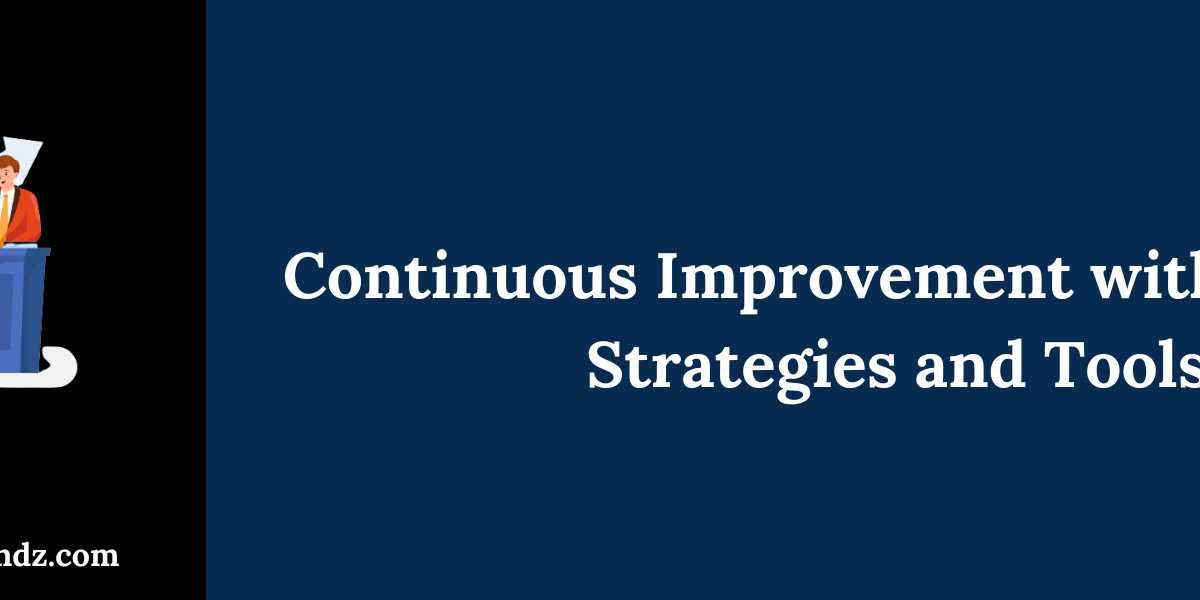The PSLE English Oral exam is a significant component of the Primary School Leaving Examination (PSLE) in Singapore. It tests students' reading and conversational skills, playing a crucial role in their overall English performance. This guide will provide you with comprehensive strategies and tips to excel in the PSLE English Oral exam.
Understanding the PSLE English Oral Exam
Structure of the Exam
The PSLE English Oral exam is divided into two parts:
- Reading Aloud
- Stimulus-based Conversation
Reading Aloud
In this section, students are required to read a passage aloud. The key areas assessed include pronunciation, intonation, fluency, and expression.
Stimulus-based Conversation
This section involves responding to a visual stimulus, such as a picture or a short video. Students must engage in a conversation based on the stimulus, demonstrating their ability to articulate thoughts clearly and use appropriate vocabulary.
Preparation Strategies for PSLE English Oral
Start Early
Early preparation is crucial. It gives students ample time to develop the necessary skills and build confidence.
Set Clear Goals
Establish specific, measurable goals for each practice session. Whether it's improving reading fluency or expanding vocabulary, having clear objectives helps focus efforts.
Developing Strong Reading Skills
Importance of Reading
Reading is fundamental for mastering the PSLE English Oral exam. It enhances comprehension, vocabulary, and overall language proficiency.
Tips for Improving Reading Fluency
Read Daily: Regular reading builds fluency and confidence.
Vary Materials: Explore different genres and types of text to expose yourself to various writing styles.
Practice Aloud: Reading aloud helps improve pronunciation and intonation.
Expanding Vocabulary
Role of Vocabulary in Oral Exams
A rich vocabulary allows students to express themselves more precisely and effectively during the oral exam.
Effective Techniques for Vocabulary Building
- Flashcards: Create flashcards with new words and their meanings.
- Contextual Learning: Learn new words in context to understand their usage better.
- Word Lists: Maintain a personal word list of new words encountered during reading.
Enhancing Pronunciation
Common Pronunciation Challenges
Many students struggle with pronunciation, especially with unfamiliar words or complex sounds. Identifying these challenges is the first step towards improvement.
Exercises for Clear Pronunciation
Phonetic Practice: Use phonetic guides to learn the correct pronunciation of challenging words.
Mimic Native Speakers: Listen to native speakers and try to mimic their pronunciation.
Recording and Playback: Record your reading sessions and listen to them to identify areas for improvement.
Improving Articulation
Articulation vs. Pronunciation
While pronunciation focuses on the correct sounds, articulation is about the clarity and precision of those sounds. Both are crucial for effective communication.
Practice Exercises
- Tongue Twisters: These are excellent for improving articulation.
- Slow Reading: Practice reading slowly and clearly to enhance articulation.
Mastering Expression and Tone
Importance of Expression
Expression adds emotion and meaning to your words. It makes your reading and conversation more engaging and effective.
Tips for Using Tone Effectively
- Understand the Context: Adjust your tone according to the context of the passage or conversation.
- Practice with Emotion: Read passages with different emotions to practice varying your tone.
Building Confidence
Overcoming Nervousness
Nervousness can hinder performance. Practicing relaxation techniques and building a routine can help alleviate anxiety.
Confidence-Boosting Techniques
- Regular Practice: The more you practice, the more confident you become.
- Positive Visualization: Visualize yourself performing well in the exam to boost confidence.
Practicing with Past Papers
Benefits of Past Papers
Past papers provide insight into the exam format and the types of questions asked. They are valuable tools for familiarization and practice.
How to Use Them Effectively
- Simulate Exam Conditions: Practice under timed conditions to simulate the actual exam environment.
- Review and Reflect: After practicing, review your performance and identify areas for improvement.
Engaging in Mock Exams
Importance of Mock Exams
Mock exams replicate the exam scenario, helping students manage time and build confidence.
Organizing Mock Exam Sessions
- Set Up Realistic Conditions: Create an environment similar to the exam setting.
- Get Feedback: Have a teacher or peer evaluate your performance.
Using Technology and Apps
Helpful Apps for PSLE English Oral
There are numerous apps designed to help students improve their oral skills. These apps offer interactive and engaging ways to practice.
Online Resources and Tools
- Pronunciation Apps: Use apps like Forvo for pronunciation help.
- Reading Apps: Apps like Audible can help with listening and reading fluency.
Getting Feedback
Role of Feedback in Improvement
Constructive feedback is essential for identifying strengths and weaknesses. It guides focused improvement.
Sources for Constructive Feedback
- Teachers: They provide professional insights and structured feedback.
- Peers: Peer feedback can offer different perspectives.
- Self-assessment: Recording and listening to your practice sessions can help self-assess performance.
Parental Involvement
How Parents Can Help
Parents play a crucial role in supporting their child's preparation. They can provide encouragement, resources, and a conducive environment for practice.
Creating a Supportive Environment
- Regular Practice Sessions: Schedule regular practice sessions at home.
- Positive Reinforcement: Use positive reinforcement to motivate and encourage your child.
Conclusion
Mastering the PSLE English Oral exam requires consistent practice, strategic preparation, and a supportive environment. By focusing on reading fluency, vocabulary building, pronunciation, articulation, and confidence, students can enhance their oral skills effectively. With dedication and the right techniques, success in the PSLE English Oral is within reach.








